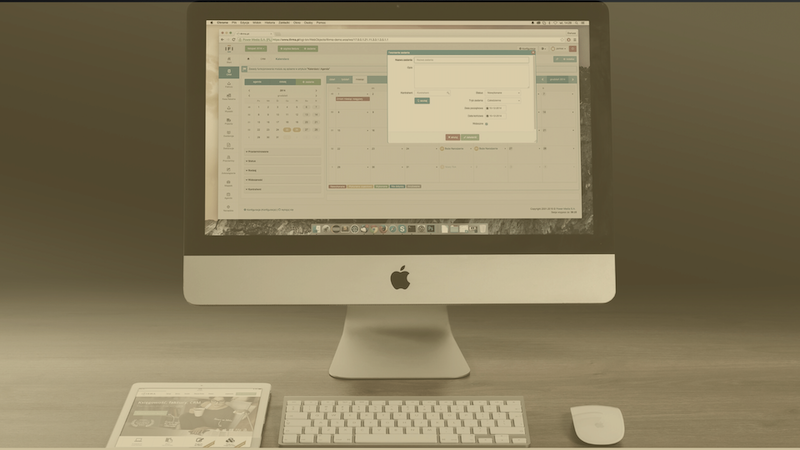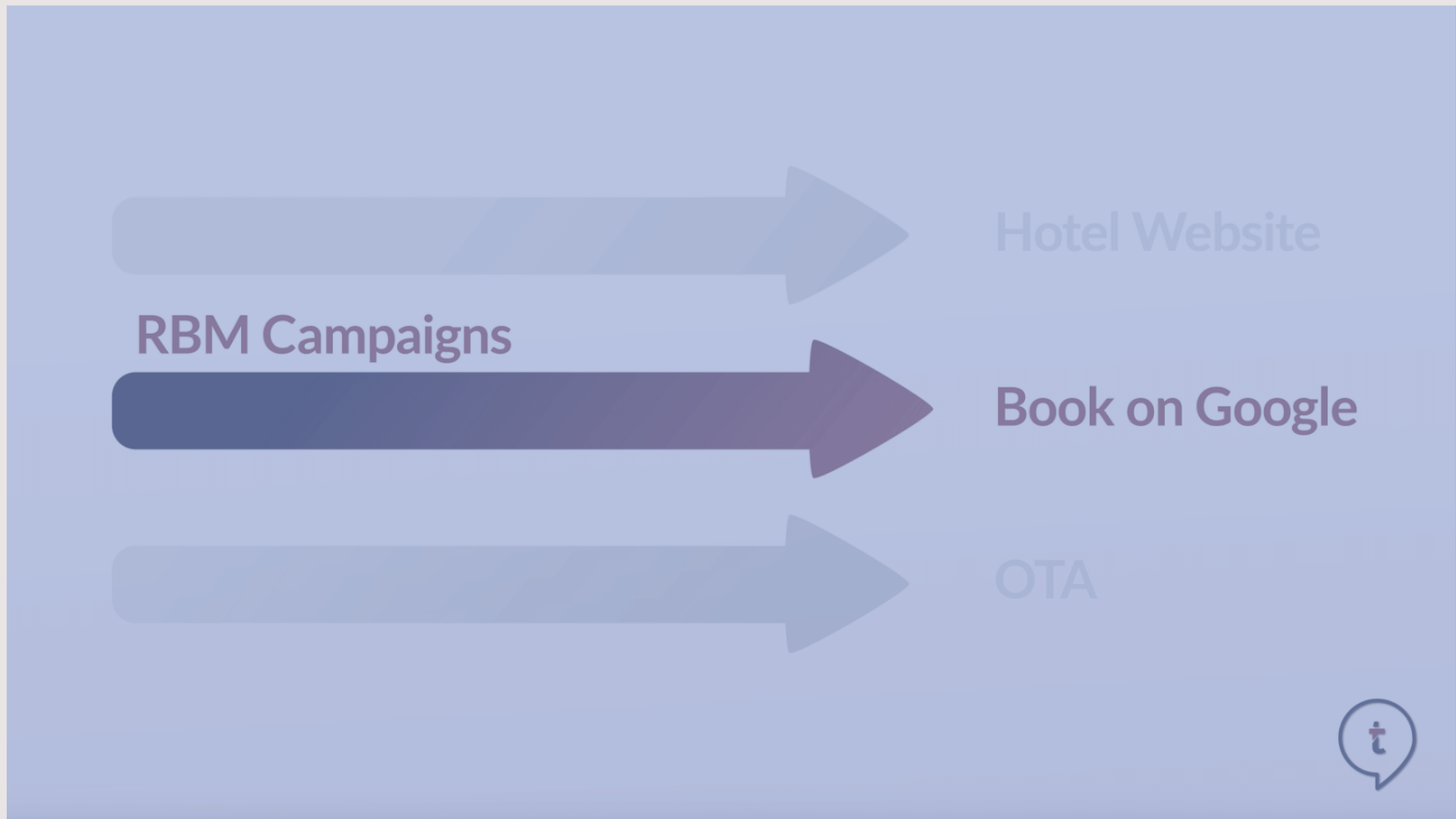Main Take Aways
Managing Today
- Stopped all sales - The initial reaction of most of the vendors was to stop any sales activity immediately and switch from a reactive to a proactive customer service.
- Teams safety first - Entire teams were moved within 48 hours from corporate offices into home offices and remote methods were deployed (even more than before obviously), such as video conferencing and chat/messaging services.
- How good are we really? - Challenging times like these puts businesses to a brutal test. It shows how good teams, business models, entrepreneurs as well as partners really are.
- Increased time and cost efficiency - Due to the decreased travel and commuting times, teams have more time overall, which is noticed as an upside. Additionally, customers are available remotely as well and meetings are conducted remotely successfully, which equals a significant cost efficiency.
"Due to the shortfall of travel times my management team has one additional day a week added to their availability schedule."
Sascha Hausmann, CEO at Busy Rooms
- Governmental support - Overall European governments have made it easier. In Germany for example the measure of short-term labour proves to be very supportive and allowed for companies to refrain from turning to measures such as laying of people to protect the business.
- Existing customers first - Priority lies with the existing customers and in maintaining and nurturing those relationships.
- Supporting hoteliers - Vendors are helping hoteliers with optimizing existing processes and procedures, as well as supporting and helping with adjusting the value proposition/products offered to their consumers in line with changing demand. In financial terms vendors are helping by granting payment delays or holidays, as well as offering services for a reduced or at no fee at all.
"We are supporting our existing customers by allowing payment delays in return for longer contract periods, as well as helping them to use the downtime to optimize existing processes."
Moritz Klussmann, CEO at Customer Alliance
Preparing for Tomorrow
- Business model innovation - Each and every business models needs to be reviewed and adjusted to the current situation and the times ahead.
- Internal audits - Many technology provider are overhauling their own internal processes and optimizing them in preparation for the bounce back.
- Liquidity - From a cash perspective conservative planning is dominant. Most vendors prepare to sustain cash for at least the coming three to six months. It is not that most companies currently do not have any money to spend, they are also holding it back. Companies will only start investing and spending money again, once there is a clear plan in place how long the lockdown will take and when it will be lifted.
- No new sales - For the remainder of the year no new or additional sales are expected.
- Preparing for operational workloads - Once the markets start opening up again and hotels start opening, it will be like new openings for them and they will most likely be facing heavy operational workloads.
- Survival of the most sustainable - Companies with a sustainable business model - and that is especially true for travel and hospitality - and are efficient in the way they operate will be able to get out of the crisis stronger than others. The ones that only put focus on growth are believed to be struggling much more.
- Pressure on smaller to mid-sized travel tech companies - Legacy systems at this point of time cannot be replaced by online players in all aspects of travel, considering the range of functionalities being required. There is pressure on the travel tech side: if smaller companies want to survive, they need to drive that innovation by allowing digitalization much quicker than they had originally planned. Some companies are looking at what else they need to develop right now, to further support this.
- Online Reputation Management - The importance of guest reviews and online reputation will increase even more, that is why hotels will be facing an increase in workload in dealing with and managing guest reviews.
- Loss of ambassadors - Some of the companies expect to and a few already have lost their ambassadors within the hotel teams and by that are running the risk of losing those customers. Counteracting this they are investing in training and onboarding programs, since they are expecting many staff members in the hotels to not know their systems (anymore).
“As a vendor you need to be very conscious about the fact that your ambassador in the hotel won’t be there anymore. There is likely to be new staff who have not used your system before.”
Julie Grieve, Founder & CEO at Criton
- Hotel and Travel Industry the last one to bounce back - The hotel and travel industry was the first one to lock down and will unfortunately and most likely be the last one to bounce back, when looking at legal and social regulations.
Consumer Behavior
- Corporate Sustainability - Society is talking about economy (again) and people are looking at how companies are contributing to society. Environmental and corporate sustainability will become even more important and an essential criteria for consumers when choosing for a hotel, but also for hotels choosing their business partners.
- Social Distancing - Some vendors expect social distancing to last for at least the coming two to three years and that it will have an impact on the industry and consumer expectations. Others do not expect much of a change in consumer behaviour, apart from a higher prioritization of hygiene and cleanliness in hotels.
- Support your local supplier - A trend that probably will last and even increase is ‘support your local suppliers and businesses’. Companies should keep investing in their local representatives in the various markets, to make sure to meet these expectations.
“Supply chains will be analyzed critically. It will be imperative for vendors to position themselves and proof to their customers that they are having stable and sustainable business models.”
Moritz Klussmann, CEO at Customer Alliance
- Driving lean operations - Hotels will continue to not find sufficient trained staff for their properties. How to make operations leaner and less compley, also in terms of technology and automation and e-learning will become very important.
- Negative pick-up - There will still be negative pick up over the next three months, since more cancellations than new reservations are coming in. Depending on how long the lock downs continue those future dates are subject to change, because no non-refundable rates are being booked right now. Consumers are on a ‘wait and see’ mode: either they book packages and waiting for their operator to cancel for them, or they wait for the last minute if that trip is actually going to happen or not.
- The rise of cleanliness and hygiene - Guests expectation will be that hotels are communicating better and more frequently about not only their facilities, but also about the cleanliness of the hotel, and which processes hotels are putting in place to ensure guest safety.
- Waiting for France and Spain - Everyone is looking at France and Spain to start recovering to be able to learn from first data trends regarding consumer behavior.
James Bishop, Senior Director of Global Partnerships at SiteMinder
“We are closely monitoring the data that is going through our platforms to understand if there are any trends in certain markets and trying to measure that against the different announcements we get from each of those regions."
- Inbound travel - Most likely domestic travel will be the first to recover. Since business travel is (in most European markets) the majority of all business, this is what everyone is hoping for as well.
- Corporate travel - Some believe corporate travel will decrease due to companies embracing remote meeting options in order to increase efficiency and reduce time as well as costs related to business travel. However, domestic travel will be the first one to bounce back mots likely and if so it will be driven by corporate travel, since not all businesses can operate remotely and once these businesses are opening up again this will reflect in transactions accordingly.
- Hotels and Technology - Automatization and digitization will play an important role, as consumers are seeking to have as few touch points as possible when staying in a hotel. This involves cashless payments, digital check ins and so on. The hotels’ drive towards leaner, less complex operations due to staff shortages will support this further. However considering the investment for hardware required to do so, it is disputable if hotels will have sufficient cash-flow to be able to invest and update their existing tech stack. Also it is questionable, if existing legacy systems at this point of time can be replaced by the online systems and start ups currently being active, when looking at the full range of system functionalities that need to be covered in travel. This again puts pressure for innovation on the tech side of our industry.
"Hotels will have to operate on a way lower occupancy level for quite some time, how can they make sure they still make money or at least break-even, otherwise they won’t reopen the hotel at all. From a product perspective and looking at digitalization it will become very important how you can drive automation in the hotel industry today more than ever before."
Ulrich Pillau, Co-Founder at apaleo




 Free download
Free download

![V03: The History of Hotel & Travel Technology | [Updated] Infographic](https://www.techtalk.travel/storage/app/uploads/public/63f/e6f/ec8/63fe6fec80447817849943.jpg)



Create an account to access the content.
Get access to Articles, Video's, Podcasts, Think Tanks, Infographics and more.
Click “Sign In” to accept our
Terms of Service Privacy Policy